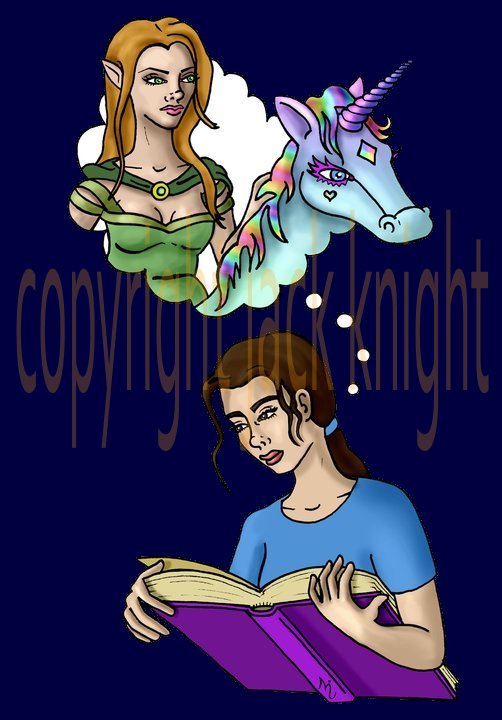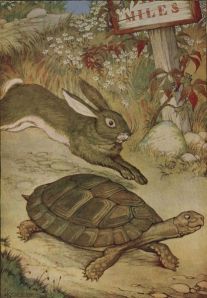I was talking with someone the other day about New Year's resolutions. The person I was talking to was negative in response - citing their unwillingness to succumb to peer pressure to state unattainable goals. I made some kind of blithe return that I didn't necessarily believe in 'resolutions' as such, but I did try and set myself some goals. Here is one right now: I resolve not to talk out of my ass so much. The concept of resolutions and making goals are so similar as to be totally interchangeable.
Having stated I would make no resolutions (but would have goals, insert eye roll here) I immediately started making resolutions. This got me curious. Where does this tradition of New Year's resolutions come from? A quick google around the internet revealed that it goes back to Roman times, and involves making promises of good deeds to the Roman god Janus. Janus is the one with two faces, one looking back and one looking forward. Ok, I can totally get behind a Roman tradition. Romans kick ass (please don't tell my Egyptian characters how much I love Romans). Of course for hundreds of years New Year's resolutions were quite attainable: I will a pile of gold to the poor, I will return the chariot I stole from my neighbor, I will marry the girl I knocked up, etc.
Somehow, over the years, the resolution came to be some personal goal of self-improvement. Which is, apparently, the reason that fewer and fewer New Year's resolutions actually get followed through on, with most people giving up after just a couple months. Giving a charitable donation is a very achievable goal; becoming a better person is not. Just think of all the people determining right this minute that they will lose weight, write every day, be nicer to the people they despise, or exercise more? Are you going to be one of them?
I resolve to write a novel this year. I already started it. I have the books I need for research. I'm not going to tell you how many hours a day I plan to write, or any other writerly self-improvement resolutions that I will probably break before I get a week or two into the New Year. I am simply going to set myself an achievable goal: I will finish my book.
There. Done.
What about you?













